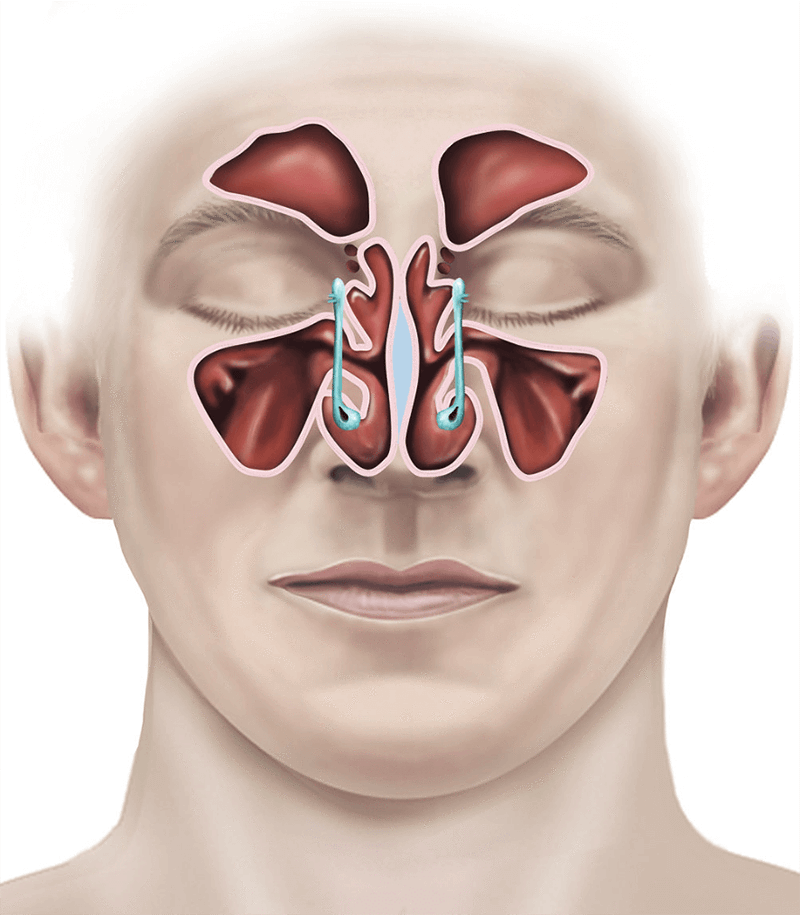Sinus Surgery
Causes
Other risks: Other uncommon risks of surgery include alteration of sense of smell or taste; persistence and/or worsening of sinus symptoms and facial pain; change in the resonance or quality of the voice; and swelling or bruising of the area around the eye.
Symptoms
Minor bleeding, pain, congestion, discharge and fatigue are common after the surgery, but should go away in one to three weeks.
Precautions
- Take prescriptions as directed.
- Do not forcefully spit for several days.
- Do not smoke for several days.
- Do not use a straw for several days.
- Do not forcefully blow your nose for at least 2 weeks, even though your sinus may feel stuffy, or there may be some nasal drainage.
Investigations
Treatment
Complication
Any surgery has potential complications, but sinus surgery complications are rare. Ask your healthcare provider to explain what kinds of complications you may have and what they’ll do to help you if you do have complications from sinus surgery. Complications may include:
- Unusually heavy bleeding: While there’s little risk of heavy bleeding with sinus surgery, you may bleed more than usual. If that happens, your healthcare provider may place packing in your nose and recommend you stay in the hospital so healthcare providers can monitor your situation.
- Tearing eyes: Surgery or sinus inflammation may make your eyes tear up.
- Leaking cerebral spinal fluid (CSF): This rare complication affects the fluid that surrounds your brain. You could develop meningitis or inflammation of your brain if this fluid leaks.
- Problems seeing: Sometimes, people lose vision in one eye or see double after sinus surgery.
- Numbness: Sometimes, Caldwell Luc surgery may cause minor nerve damage so people feel like part of their face is numb.
- Empty nose syndrome: Some people report their nose feeling stuffy or clogged, or being unable to inhale a complete breath despite their nasal passages being clear.

